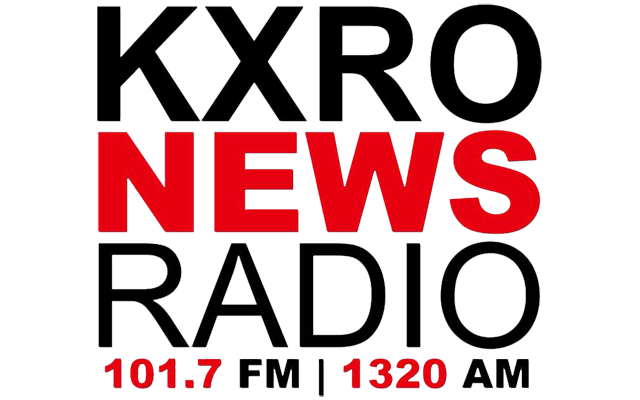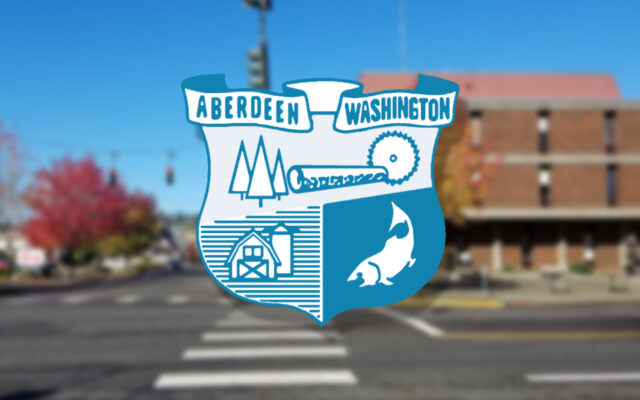Bear tips from WDFW as more bears seen locally and regionally

As anecdotal bear sightings have continued to be reported online by local residents, the Washington Department of Fish & Wildlife officials released five tips for living with bears this fall.
According to their release, fall means that Washington’s black bears are preparing for winter hibernation and searching for food, which can bring them into proximity with people.
Officials warn residents to avoid attracting them to their homes.
“Do everything you can to avoid an encounter with any bear, which help to keep them, and you, out of harm’s way,” said Rich Beausoleil, WDFW statewide bear and cougar specialist. “Following these simple steps can prevent virtually all black bear and other wildlife issues.”
Follow these five tips to avoid negative bear interactions this fall:
- Always store garbage cans in a garage or sturdy building until collection day. Bears are smart and opportunistic. If a garbage can is left out, they’ll find it. So, put garbage out the morning of collection, not the night before.
- Remove bird feeders (seed and liquid) from porches, trees, and other accessible areas, and feed pets inside. These feeders can inadvertently become easy, high-calorie attractants for bears. If they find it, they may come back, which will begin to pose a problem.
- Pick and remove fruit from trees, even the highest branches. Bears love fruit and may climb trees to get it, possibly damaging valuable branches. Also remove fallen fruit, which can also pose an accidental lure for bears.
- Don’t intentionally feed bears, deer, elk other wild animals. Bears have great memories, so once they find food, they’ll likely return having begun to associate food with people. Anything a deer or elk will eat, a bear will eat too, even near homes. Once bears learn to connect people with food, it starts to puts the bear, and the public, at risk.
- Don’t wait until you have a bear problem. If people wait until a bear is seen, it may be too late to prevent a negative outcome. Taking these steps before a situation occurs is the best way to prevent negative interactions with wildlife.
WDFW says that a bear’s natural diet consists of items such as blueberries (256 calories) or huckleberries (166 calories). Access to excessively high calorie foods, such as garbage, birdseed (1,750 calories), and hummingbird feeder fluids (3,200 calories), may delay a bear’s natural hibernation patterns, adding that this is another important reason to remove such items.
If you have tried the recommendations listed above and are still experiencing a bear problem please call (360) 903-2936 to report to WDFW enforcement officers. In an emergency, call 911.
People can find more information about how to avoid conflict with bears at wdfw.wa.gov/species-habitats/species/ursus-americanus. Please contact your regional office at wdfw.wa.gov/about/regional-offices if you have questions regarding living with bears.
You Might Also Like



